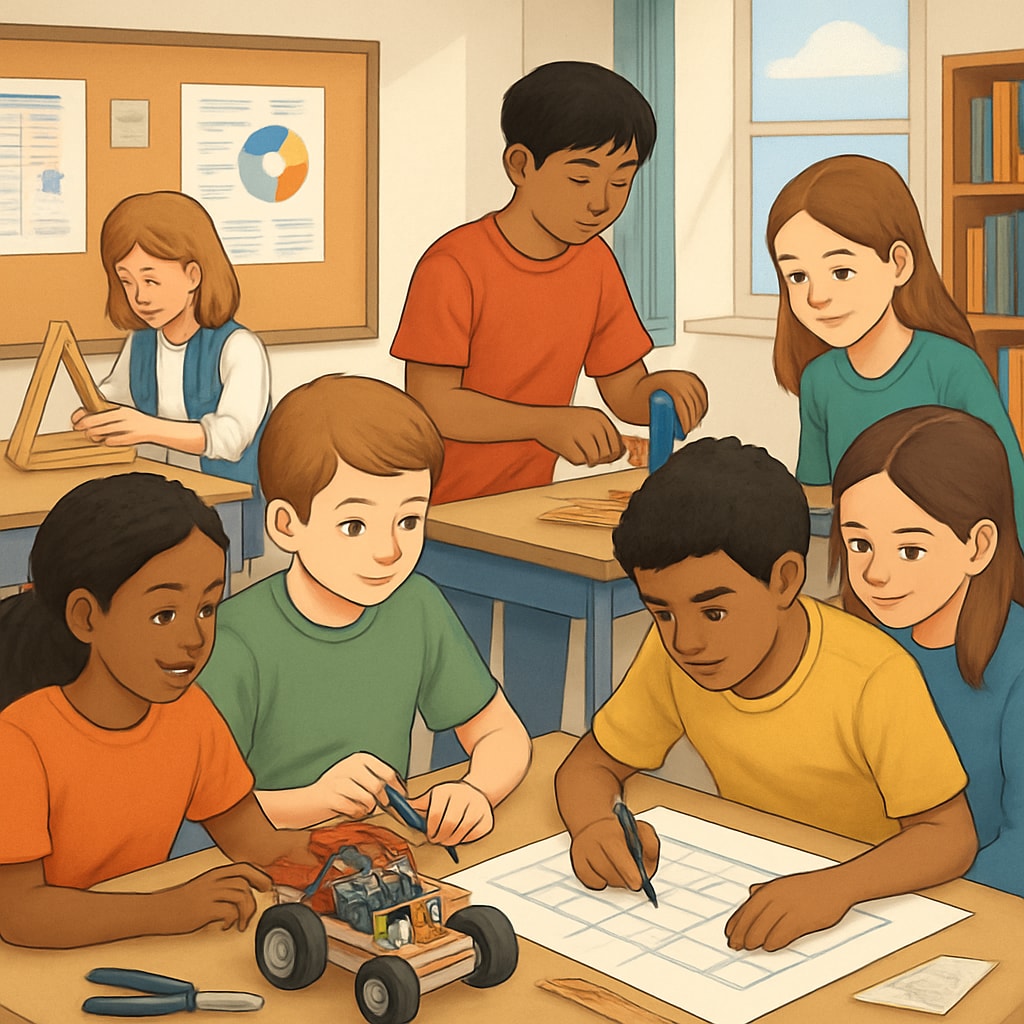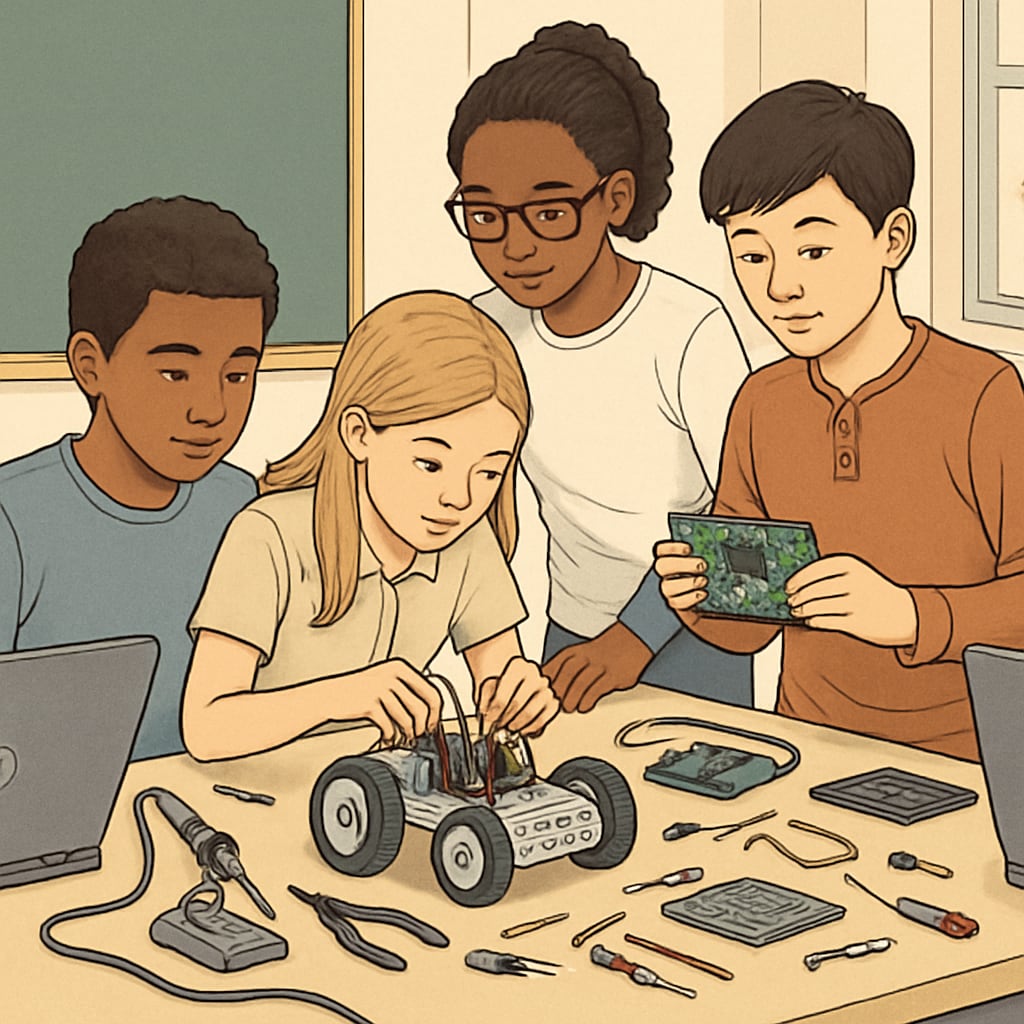With rising unemployment rates, the connection between education value, academic performance, and job market outcomes is under scrutiny. As traditional education systems continue to prioritize grades and standardized testing, many students find themselves ill-equipped to adapt to dynamic employment challenges. This scenario compels us to rethink what education should truly offer in a high unemployment era.

Why the Link Between Education and Employment is Weakening
The growing disparity between education and employment outcomes is a global issue. While academic performance remains a key metric for success, employers often prioritize other attributes such as critical thinking, creativity, and adaptability. For instance, a study by Britannica highlights that the modern workforce demands competencies that extend beyond theoretical knowledge.
Several factors contribute to this disconnect, including:
- Rapid technological advancements rendering some traditional skills obsolete
- Overemphasis on test scores rather than holistic development
- Lack of integration between education systems and real-world labor market needs
As a result, students graduate with high academic achievements but limited practical skills, making them vulnerable in a competitive job market.
Rethinking K-12 Education: Building Resilient Skills
In light of these challenges, K-12 education must pivot from traditional methods to focus on fostering employability and resilience. The shift involves integrating hands-on learning, interdisciplinary approaches, and personalized development. According to insights from Wikipedia, successful education reforms include implementing programs that encourage problem-solving, collaboration, and digital literacy.
Key strategies for schools to consider include:
- Adopting project-based learning to simulate real-world scenarios
- Teaching financial literacy and entrepreneurial skills
- Encouraging STEM (Science, Technology, Engineering, Mathematics) education to meet tech-driven demands
- Providing career counseling and exposure to various industries

What Should Education Truly Aim to Achieve?
Education’s ultimate goal should be to prepare individuals for life’s uncertainties, including fluctuations in employment opportunities. By moving beyond the narrow focus on academic performance, schools can nurture well-rounded individuals capable of thriving in diverse environments. Additionally, educational institutions should work in collaboration with industry leaders to ensure curriculum relevance and foster practical skill sets.
As a result, students can gain both the theoretical knowledge and adaptable capabilities needed to navigate complex career landscapes.
Conclusion: Redefining Education Value
High unemployment rates challenge our conventional understanding of education value and academic performance. By transforming K-12 education into a system that prioritizes employable skills and personal resilience, we can bridge the gap between schooling and the labor market. This shift is not only essential for individual growth but also vital for societal progress in a rapidly evolving world.


